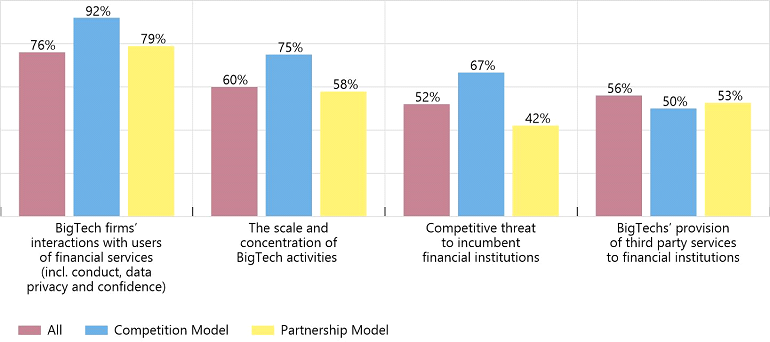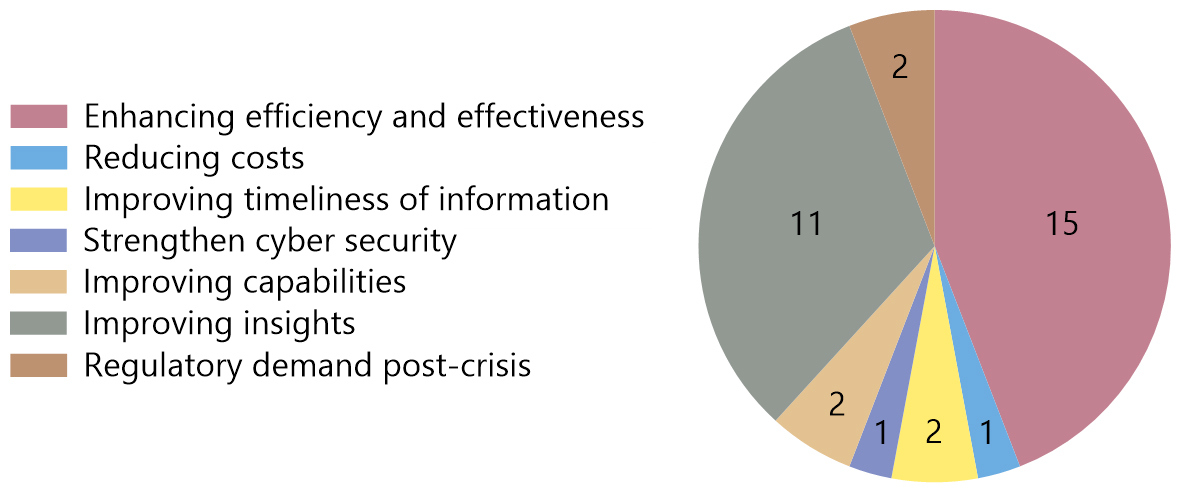Press enquiries:
+41 61 280 8138
[email protected]
Ref no: 38/2020
The Financial Stability Board (FSB) today published the final version of its high-level recommendations for the regulation, supervision and oversight of “global stablecoin” (GSC) arrangements following an earlier public consultation. The report states that GSC arrangements are expected to adhere to all applicable regulatory standards and to address risks to financial stability before commencing operation, and to adapt to new regulatory requirements as necessary.
So-called “stablecoins” are a specific category of crypto-assets which have the potential to enhance the efficiency of the provision of financial services, but may also generate risks to financial stability, particularly if they are adopted at a significant scale. Stablecoins are an attempt to address the high volatility of “traditional” crypto-assets by tying the stablecoin’s value to one or more other assets, such as sovereign currencies. They have the potential to bring efficiencies to payments, and to promote financial inclusion. However, a widely adopted stablecoin with a potential reach and use across multiple jurisdictions (a so-called “global stablecoin” or GSC) could become systemically important in and across one or many jurisdictions, including as a means of making payments.
The emergence of GSCs may challenge the comprehensiveness and effectiveness of existing regulatory and supervisory oversight. The FSB has agreed on 10 high-level recommendations that promote coordinated and effective regulation, supervision and oversight of GSC arrangements to address the financial stability risks posed by GSCs, both at the domestic and international level. They support responsible innovation and provide sufficient flexibility for jurisdictions to implement domestic approaches.
The recommendations call for regulation, supervision and oversight that is proportionate to the risks. Authorities agree on the need to apply supervisory and oversight capabilities and practices under the “same business, same risk, same rules” principle.
The performance of some functions of a GSC arrangement may have important impacts across borders. The recommendations also stress the value of flexible, efficient, inclusive, and multi-sectoral cross-border cooperation, coordination, and information sharing arrangements among authorities.
The FSB has agreed to the following further actions as a key building block of the roadmap to enhance cross-border payments commissioned by the G20:
- Completion of international standard-setting work by December 2021.
- Establishment or, as necessary, adjustment of cooperation arrangements among authorities by December 2021 (and as needed based on market evolution).
- At a national level, establishment or, as necessary, adjustment of regulatory, supervisory and oversight frameworks consistent with the FSB recommendations and international standards and guidance by July 2022 (and as needed based on market evolution).
- Review of implementation and assessment of the need to refine or adapt international standards by July 2023.
Notes to editors
The report is intended to primarily address risks to financial stability and therefore does not cover important issues such as money laundering or terrorist financing, data privacy, cyber security consumer and investor protection and competition, which however could have consequences for financial stability if they are not properly addressed. It therefore stresses the importance of addressing these issues as part of a comprehensive effective supervisory, regulatory and oversight framework.
The FSB also today published a roadmap to enhance cross-border payments that it has delivered to the G20. The establishment of effective regulatory, supervisory and oversight approaches for GSC arrangements will support the implementation of a key building block of the roadmap.
The FSB coordinates at the international level the work of national financial authorities and international standard-setting bodies and develops and promotes the implementation of effective regulatory, supervisory, and other financial sector policies in the interest of financial stability. It brings together national authorities responsible for financial stability in 24 countries and jurisdictions, international financial institutions, sector-specific international groupings of regulators and supervisors, and committees of central bank experts. The FSB also conducts outreach with approximately 70 other jurisdictions through its six Regional Consultative Groups.
The FSB is chaired by Randal K. Quarles, Vice Chairman, US Federal Reserve; its Vice Chair is Klaas Knot, President of De Nederlandsche Bank. The FSB Secretariat is located in Basel, Switzerland, and hosted by the Bank for International Settlements.

